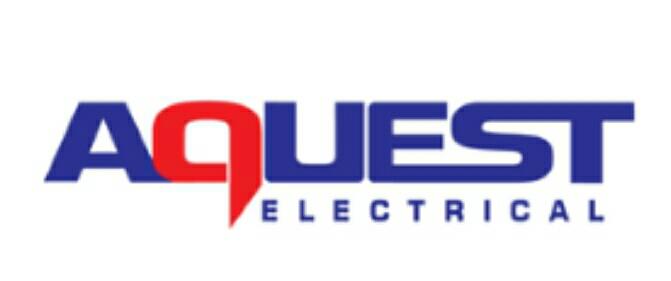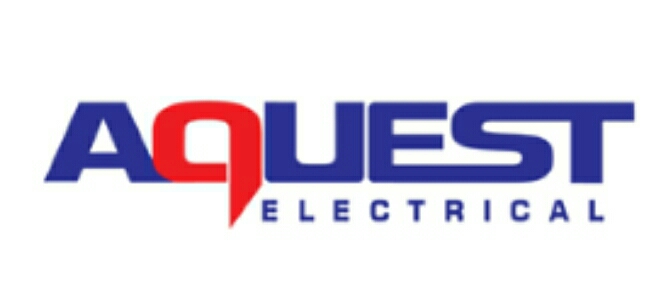Information
-
Audit Title
-
Document No.
-
Client / Site
-
Conducted on
-
Prepared by
-
Location
-
Make & Model
-
Rego No
-
Serial
-
Has the operator got an in date working at heights and elevated work platform license/qualification?
Inspect
-
Manual Descent Valve shut
-
Before checking or operating EWP ensure manual descent valve are shut I.e have not been tampered with
-
Faults / Problems
-
Check section 2 of logbook with equip
-
Batt / Oil / Water / Fuel levels ok
-
Check battery electrolyte, termls / earth strap clean / tight. Fuel, water & Hyd oil levels (main / aux eng)
-
Hoses, elec cables, gaiters, wiring limit switches
-
Visually inspect Hyd / other hoses, Hyd ram gaiters. Elec cables / wiring harness for damage security. Check no loose wires / connection, limit switches not tampered with, no damage burns from welding slag etc.
-
No structural / other damage or loose / missing parts
-
As application visually inspect suspension / chassis / scissor arm / boom sections / outriggers / tie down points for broken welds / cracks / damage / distortion. Pins, locknuts & plates secure.
-
Level bubbles, spring lockouts / stabilisers
-
Check level bubbles not damaged, spring lockouts / stabilisers, interlock is not tampered with. Condition of spring lock outs/ stabilisers. As fitted, check smooth operation.
-
Mast / scissor / boom slides & Basket levelling mechanism clean
-
Check mast / scissor / boom slides & Basket levelling mechanism clean. Clean out coal, iron ore stones or dirt built up from slides, behind rams, cables, pulleys etc. WARNING! DO NOT PUT ANY PART OF YOUR BODY WITHIN SCISSOR ARM AREA UNLESS SAFETY PROP IS IN PLACE.
-
Doors / Access,Floor & Railings, Railing security, Slide-out Deck(s), Boom Basket, Safety Harness(es)
-
Doors / Access: Check handrails, safety chain(s), doors and steps secure / clean, doors(s) self close and latch shut, no damage to door stop / hinges. IMPORTANT! DOORS SHOULD NOT BE TIED OPEN. DOORS & RAILINGS MUST BE 100% SECURE AND MUST NOT OPEN OUTWARDS IF FORCED. *Floor & Railings: check no broken welds / cracks / damage. No grease or dirt on floor or walkway(s) *Railing security: check securely attached and pins fully engage (erect fold down handrails to check) *Scissor Manual Slide Out Deck(s): check smooth operation, stop secure. *Boom Basket: shake basket to check firmly attached and secure.
-
NB: Any safety harness subjected to a shock load must be removed from service.
-
Safety Harness(es): Inspect harness(es), lanyard(s), energy absorber(s), clips / rings etc for damage / defects and ensure 'tell tales' not exposed. Anchor Points: check secure / ok, no damage / cracks etc.
-
Decals & Instruction clear
-
Check operation, safety capacity (SWL) & warning decals are in place. Clear, not covered by any paint etc. Ensure control function decals clearly show purpose eg, Emergency stop, fwd-rev, up-down, left-right etc.
-
Annual / Major / Other inspections
-
Check annual / major / other inspection details current / not overdue.
-
Do Routine maintenance
-
Do all "model specific" maintenance specified by manufacturer (adjustments, service, grease, lube, oil/ filter changes etc)
-
Operate & test: • Control functions • Alarms/beacons • Emergency stop • Emergency descent • Brakes • Safety features & lockouts
-
Control functions: Check operation of all controls including footswitch/deadman. Controls/switches must not stick, must return to ‘neutral’/’off’ when released, and gaiters/seals must be in good condition to protect against weather. All functions to operate smoothly, wheels must not lockup or skid when stopping. Alarms/Beacons: Check operation. Of safety warnings devices i.e. horn, amber beacons, audible warning alarm for travel, raise, lower etc. If fitted with test switch, check operation of emergency alarm(s). Emergency stop: Check operation of emergency stop (at ground control & platform) Emergency descent: Check operation of platform emergency descent and/or operator retrieval system (as fitted) Brakes: Brakes should not hold machine on incline equivalent to rated grade ability.
-
NB: All persons in basket must wear/attach harness from the moment they leave the ground.
-
Safety Features & Lockouts: Operate and test all safety features, limit switches, lockouts and functions as per manufactures specifications eg tilt/alarm operation, capacity warning lights, outrigger lockouts, drive/elevation cut outs, auto descent system, hi to lo speed changeover, oscillating axle lockup, pothole protection system, extending axles, scissor safety curtain etc.
-
Do any other model specific safety checks Do any other additional ‘model specific’ safety checks by the manufacturer
-
Do any other additional 'model specific' safety checks by the manufacturer
-
Mast/scissor/boom true .
-
Elevate/extend platform and check mast/scissor/boom straight. No grinding noises and not bent/twisted from overloading or misuse. NB. Cable operated vertical lifts may need weight on platform
-
No oil/fuel/water leaks
-
Check no oil, fuel, water or hyd system leaks (oil puddles on ground where parked)
-
Operating manual(s) OK
-
Check correct manual(s) supplied with machine and condition OK
-
Record ‘owner routine maintenance & safety checks in logbook (sec 3) & shut down
-
On completion of all ‘owner routine maintenance & safety checks’ record details (and any faults found) in the yellow EWPA book. Ensure emergency descent valves are shut properly, stow harness(es) in clean dry place, cover controls, turn master switch to ‘off’.
-
Full Details Of Work Performed
EWP Inspection completed by:
-
I certify that the described plant is to the manufacture’s specifications and is being serviced and maintained by competent personnel to the manufacture’s recommendations.
-
Operator/Inspector
-
Supervisor









